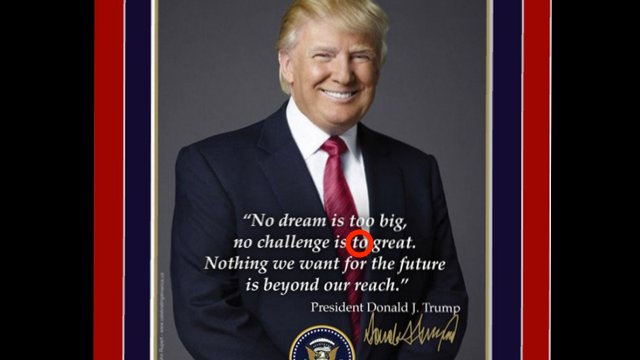What started as a reaction to a New York Times public editor column by Liz Spayd, about the Times considering a reorganization where there would be fewer copy editors looking at reporters' copy, has developed in to a mini campaign to bring back those important, but usually invisible, titans of the newsroom: the ones who look at copy, fix spelling and grammar, question our facts, add numbers to make sure that they make sense, and play the role of readers before any readers get to see the text.
Why are copy editors disappearing, some of you ask me?
The good news is that they have not disappeared from everywhere totally, not yet, but the extinction of the copy editor is real and imminent. The reason? You guessed it. The economics of running newsrooms in the digital age, the loss of subscribers to print product, the delay of advertisers getting into the digital act. We have all read stories of big media companies getting rid of hundreds of staffers (copy editors and photographers have been among the first to get pink slips).
Then there are the so called “hubs” which are centralized operations for chains of newspapers to process copy and to design pages for a variety of newspapers in various geographic locations—leading to sometimes a lack of proper spelling for local streets and suburbs, since the person processing that police story for an Ohio daily may be reading the copy in a hub in New Mexico.
What the mail brings
I appreciate your emails and comments via social media. Surprised that you don't leave your comments here.
The almost a dozen who have written all expressed one same theme: “What can we do to bring the presence of copy editors back into the newsroom and into our stories.?”
Perhaps it all begin with an honest conversation with your publisher and editor. Nobody should think that because a newsroom has gone digital first it should also go clean copy last.
I acknowledge that we now have reporters who use the tools at their disposal, such as a smartphone, to take photos, to record videos and to file stories directly from the field. All of this is good and commendable, but no excuse for someone at the other end to take a look at the incoming material. In fact, because of the speed with which we can produce stories and post them, copy editing becomes a more vital task.
A couple of samples of the mail received;
Myles Dannhausen, Content Editor at the Peninsula Pulse, a weekly newspaper in Door County, Wis, writes:
I write for a small Midwestern newspaper short on editing staff. I have many meaty stories I'd like to take on, but no editor to pick them apart, shape them, improve them. I'd like to budget a small amount each year to have an outside freelance editor work with me and other writers on particularly important stories. Any ideas of a services or people that might provide this?
I've worked with good editors at larger magazines and have seen how much it helps my work.
Any thoughts would be appreciated.
David Cay Johnston, a Pulitzer Prize winner and recipient of IRE Medal and the George Polk Award, writes
I am all with you, but sadly we are in a minority among journalists.
When I won my Pulitzer the first people I thanked in my brief newsroom comments were the copy desk editors, followed by my boss and the top editors. This did not go down well, as I was told later, with the masthead….
David, who is also Editor & Founder, DCReport.org and a columnist for The Daily Beast, added:
Please keep finding ways to remind people of the value copy editors add.
And a self-confessed reader, who preferred his name not be used, wrote:
Is it possible that all the bias we see from the liberal media these days is nothing more than the result of very liberal journalists filing their own copy without anyone checking for truth, and/or for a balanced coverage where two sides of a story are presented?
A good question which, of course, applies equally to conservative writers who may push their agendas via their “objective” stories, without the copy editor as gatekeeper to keep things balanced in an ethical, professional way.
The topic is relevant and I am sure that it will get more traction in 2017 if we continue to hear from the President and his surrogates that the media is the opposition. Could more copy editors make things better on that sticky point? I welcome your comments.
Why Everyone Needs an Editor

This is the official Inauguration portrait of President Donald J. Trump.
Wanted: correction, pronto.